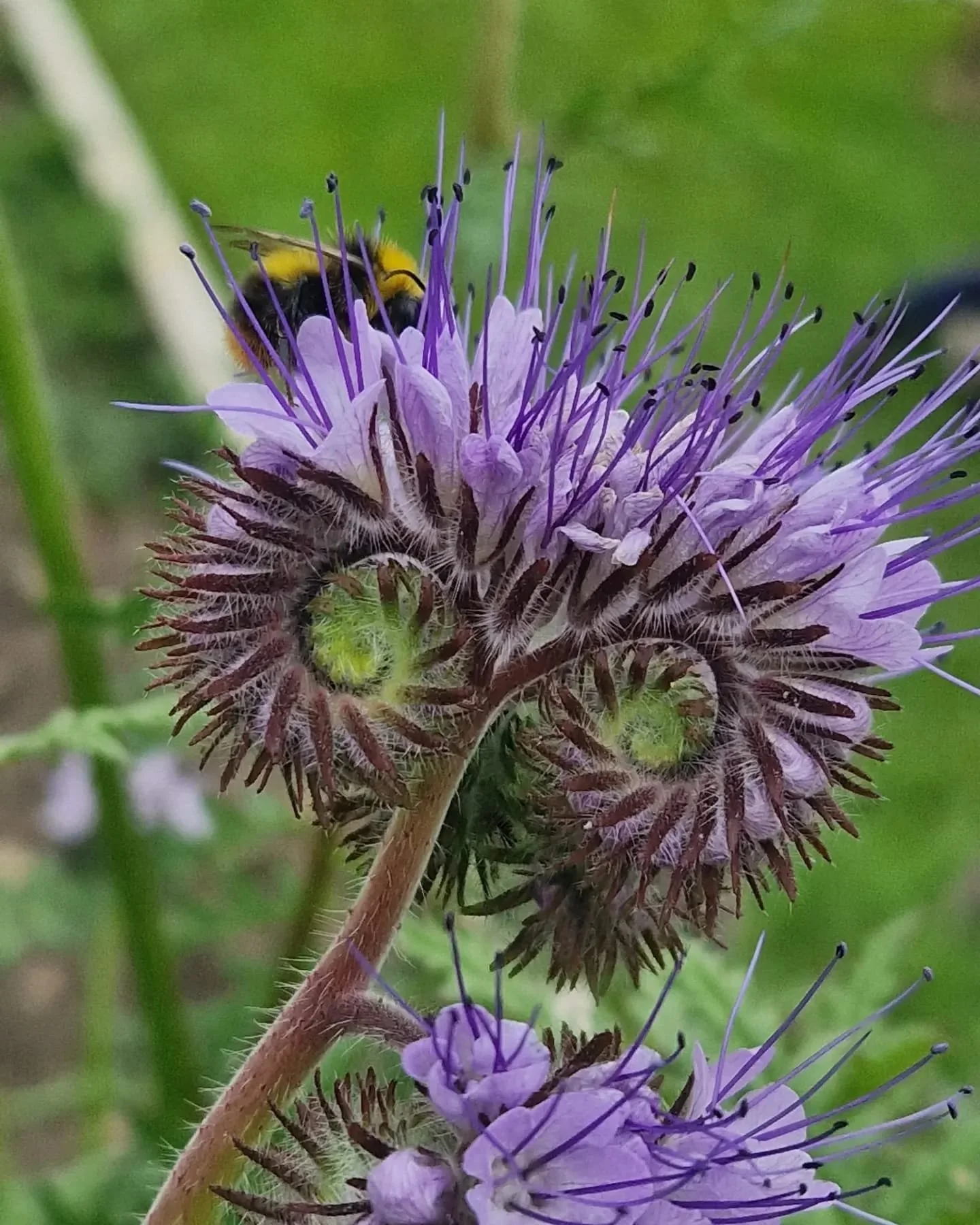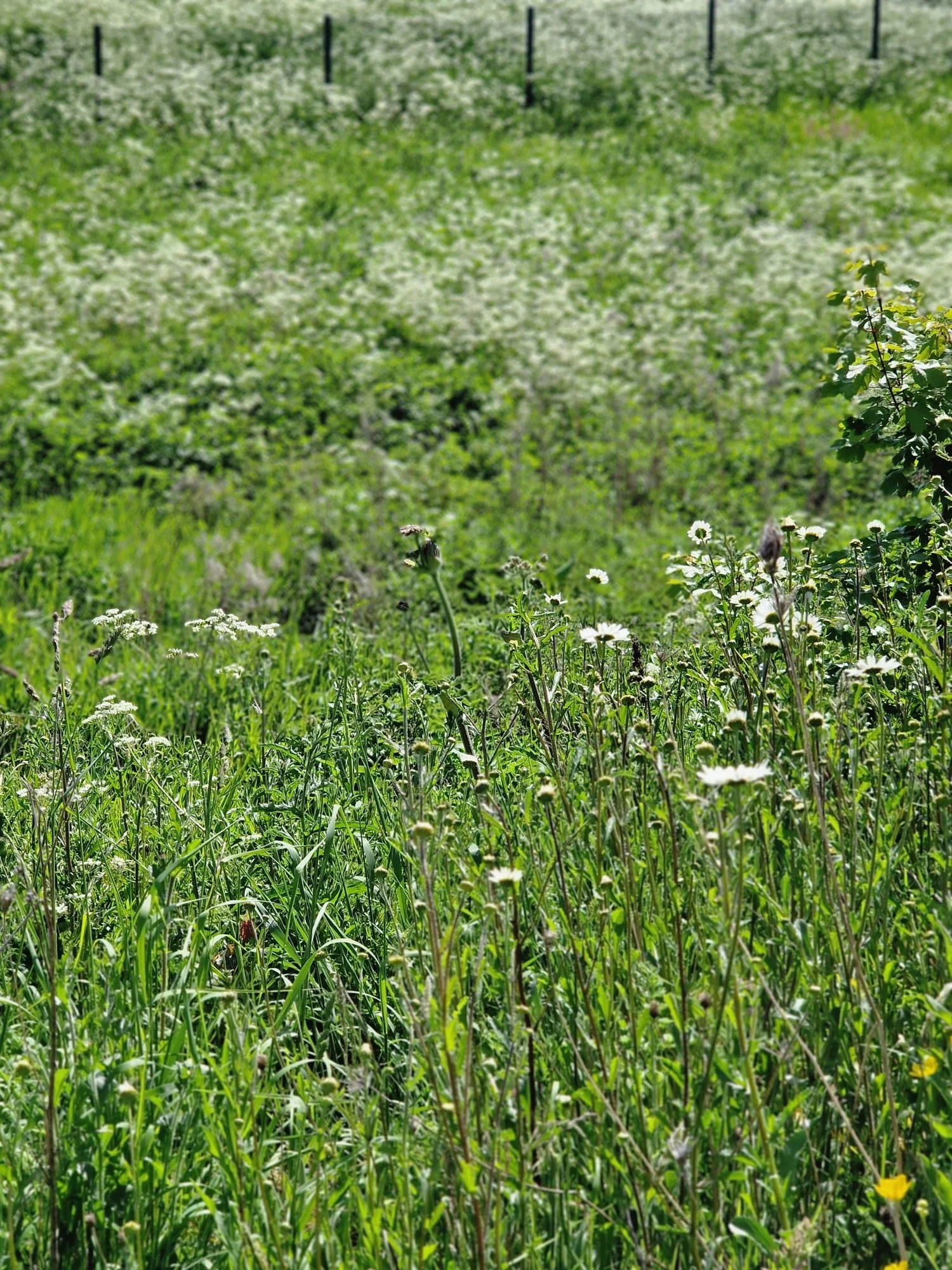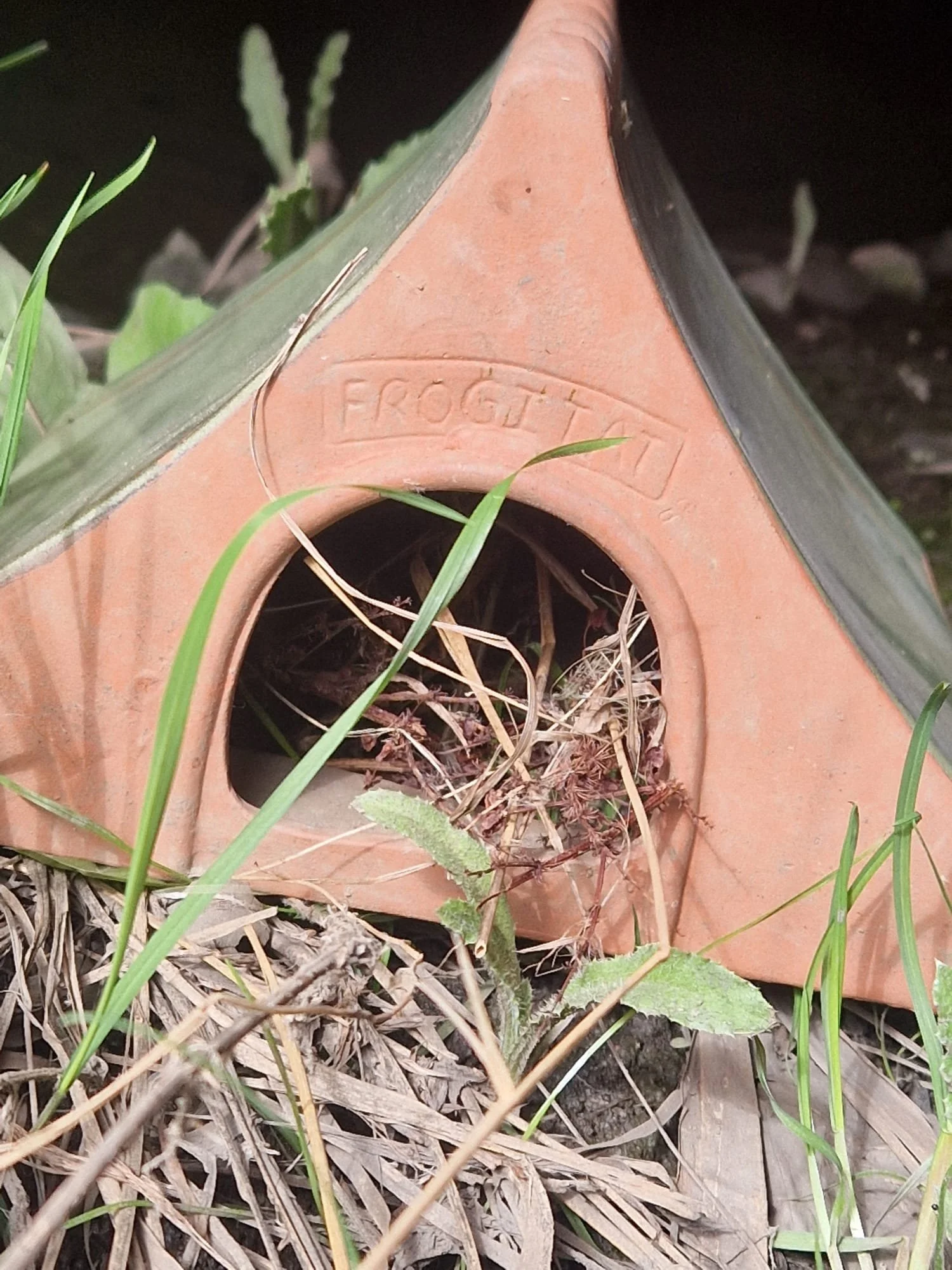Embrace the Wild: 30 Days of Rewilding Your Garden and Green Spaces
As we dive headfirst into the Wildlife Trust’s 30 Days Wild campaign, it’s time to unlock the untamed beauty in our own green spaces.
Yes, you heard it right—rewilding our gardens and green spaces can make a significant impact on biodiversity, allowing nature to flourish in the most unexpected places. We’re a few years into our rewilding journey here at Quorum Park, here are some tips on how you can join us with some ideas on how to rewild your own homes.
Embrace Native Plants:
The first step to rewilding your garden is to welcome native plants with open arms. These local treasures not only add natural beauty but also provide a crucial habitat for local wildlife. Research the native species in your region and opt for a diverse range of wildflowers, shrubs, and trees. Not only will they attract pollinators like bees and butterflies, but they’ll also entice birds, mammals, and beneficial insects, creating a thriving ecosystem right outside your door.
Create a Wildlife-friendly Corner:
Designate a small section of your garden as a wildlife-friendly corner, where nature can reclaim its rightful place. Allow the grass to grow long, create a mini pond, and scatter logs and stones to provide hiding places for creatures great and small. From hedgehogs to frogs, and from insects to birds, this little refuge will become a hotspot for biodiversity, fostering an enchanting blend of life.
Quorum is home to hedgehog houses, toad abodes, a stumpery and a new wildlife pond.
Add Nesting Boxes and Bird Feeders:
Birds add serious charm to any outdoor space. By installing nesting boxes and bird feeders, you can invite these feathered friends to make your garden their home. Different species have unique preferences, so research the nesting requirements of birds in your area and cater to their needs accordingly. Blue tits are solitary so won’t love being next to other bird boxes.
Check out pics below of our nesting pair of great tits!
Build Insect Habitats:
Insects play a vital role in maintaining the delicate balance of our ecosystem. By providing shelter and food sources for these tiny heroes, you can create an inviting environment for pollinators, pest controllers, and decomposers. Build insect hotels using stacked logs, bamboo canes, and natural materials. Add nectar-rich flowers to entice bees and butterflies. Embrace the wriggly wonders of composting and encourage a thriving soil ecosystem.
Ditch the Chemicals:
One of the most crucial steps in rewilding your garden is to bid farewell to harmful chemicals. Pesticides, herbicides, and synthetic fertilisers disrupt the natural balance, causing harm to insects, birds, and other creatures. Embrace organic alternatives and adopt natural pest control methods such as companion planting, crop rotation, and biological controls. By eliminating these harmful substances, you create a safe haven for all forms of life to thrive.



